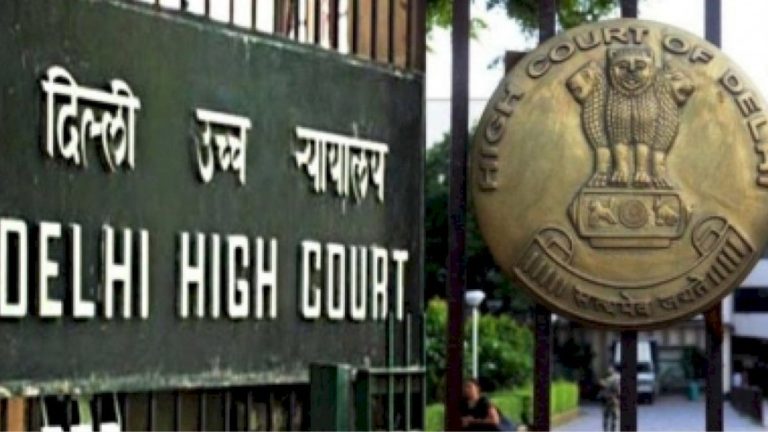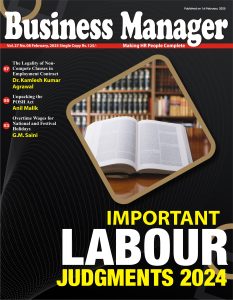Delhi High Court: A Single Judge Bench of Justice Girish Kathpalia ruled that temporary special incentives paid during the pandemic should not be included in wage calculations for ESI. The court emphasized that including such temporary pandemic-related payments in the wage calculation would contradict the scheme’s welfare objectives. The judgment established that special allowances meant to cover extraordinary circumstances like Covid-19 expenses cannot be used to disqualify workers from welfare benefits.
Background
The petitioner, Godambari Raturi, challenged the denial of Covid-19 relief benefits under the ESIC Covid Scheme. Her husband was insured under the ESIC scheme, and succumbed to Covid-19. She then submitted a claim for Covid-19 relief. However, the ESIC rejected the claim stating that her late husband’s earnings exceeded the wage ceiling of set by the ESI Act. Despite submitting a wage certificate confirming the salary details, her appeal was again denied on the same grounds. She argued that the Covid related incentive amount should not be included in the wage calculation as it was temporary and paid specifically to assist with pandemic-related expenses.
Arguments
Jitender Nath Pathak, counsel for the petitioner, contended that the Covid-19 special incentive should not be counted as regular wages. He emphasized that the incentive was introduced to cover pandemic-related costs and was paid only for the four months preceding Raturi’s death. He argued that excluding this amount would place the deceased’s wages under the statutory limit, making his widow eligible for benefits under the Covid Scheme.
K.P. Mavi, counsel for the respondents, argued that the ESI Act and the Covid Scheme guidelines required strict adherence to wage definitions. He cited Sections 2(9) and 2(22) of the ESI Act, asserting that the incentive payments increased Raturi’s earnings above the prescribed wage ceiling. Mavi emphasized that the scheme was only for employees who met the statutory wage requirements, and the incentive could not be excluded.
Court’s Reasoning
The court emphasized the social welfare nature of the legislation, which mandates a favorable interpretation for beneficiaries. The court acknowledged that the Covid Scheme was specifically designed to aid dependents of insured persons who died due to Covid-19, with an aim to support their widows and families.
On the question of whether special incentive should be included in the wage calculation, the court highlighted that Section 2(22) defines “wages” broadly but excludes certain allowances and temporary payments. The special incentive in question, paid during the pandemic for four months, was explicitly tied to Covid-related expenses. The court determined that including this temporary payment would contradict the scheme’s spirit, which aims to protect workers’ dependents. The court also pointed out that the ESIC’s continued deduction of contributions during the four months in question supported the argument that Raturi remained an eligible employee. The court stressed that special, temporary payments made to assist workers during extraordinary circumstances, such as a pandemic, should not be used to strip them of welfare benefits. Thus, the court quashed ESIC’s decision denying the benefit and allowed the petition.
Decided on: 08-11-2024
Neutral Citation: 2024:DHC:8647
Case Name: Godambari Raturi v. Employee State Insurance Corporation
Source: livelaw
Stay connected with us on social media platforms for instant updates click here to join our LinkedIn, Twitter & Facebook



































